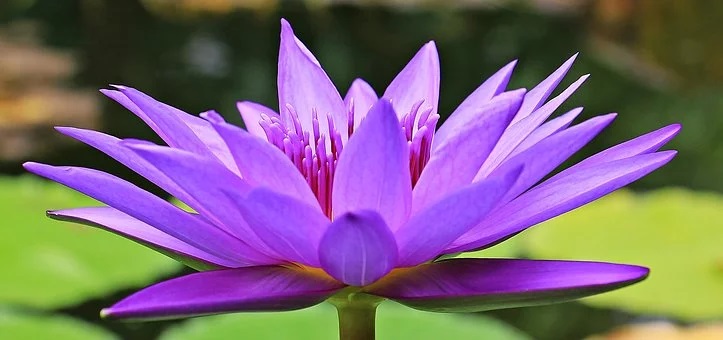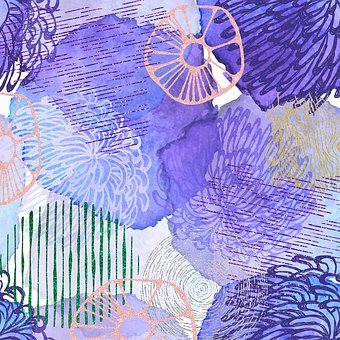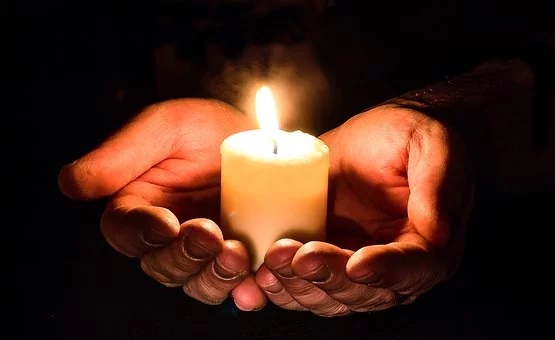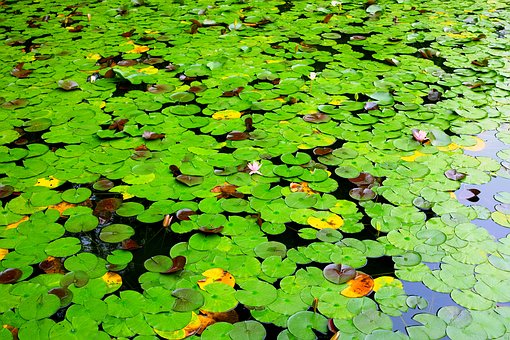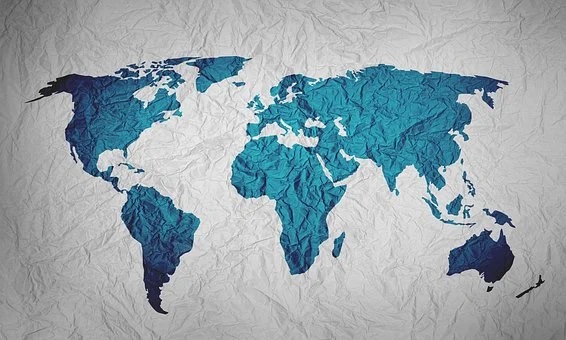Buddhist culture dates back more than two thousand five hundred years ago and is a universal and profound culture. Corporate culture has its origin in the research undertaken by several Harvard professors in the 1980’s and is a young culture with a history of around thirty years. Although they appear more than two thousand years apart, the two cultures can be very closely connected. If we are able to integrate both, the impact on the operations of a business as well as on the direction in our life can be surprisingly positive. This is because the wisdom of the Buddha brings light; the compassion of the Buddha warms the heart.
~Depicted from ARE YOU READY FOR HAPPINESS - Buddhism and the Business World – Six Standards in a Corporate Culture


